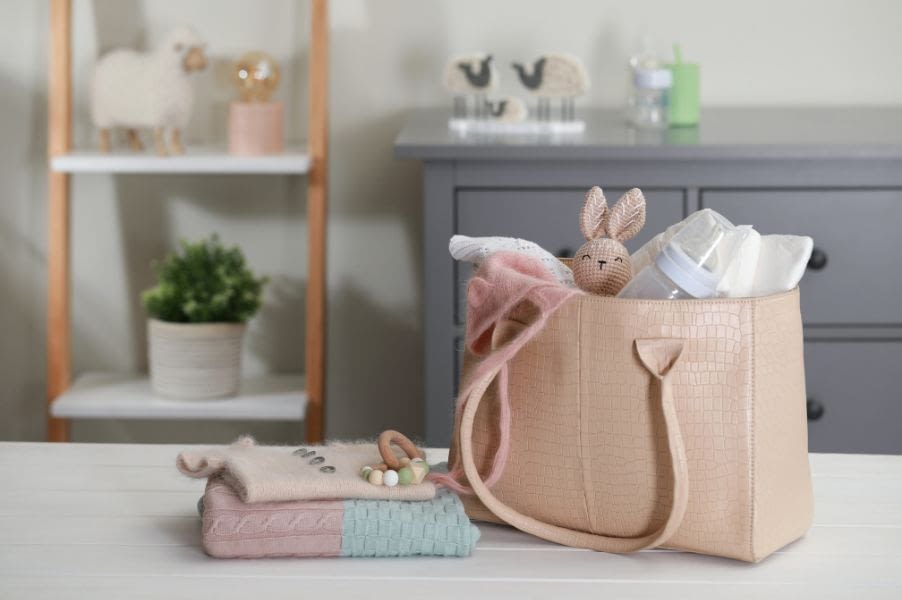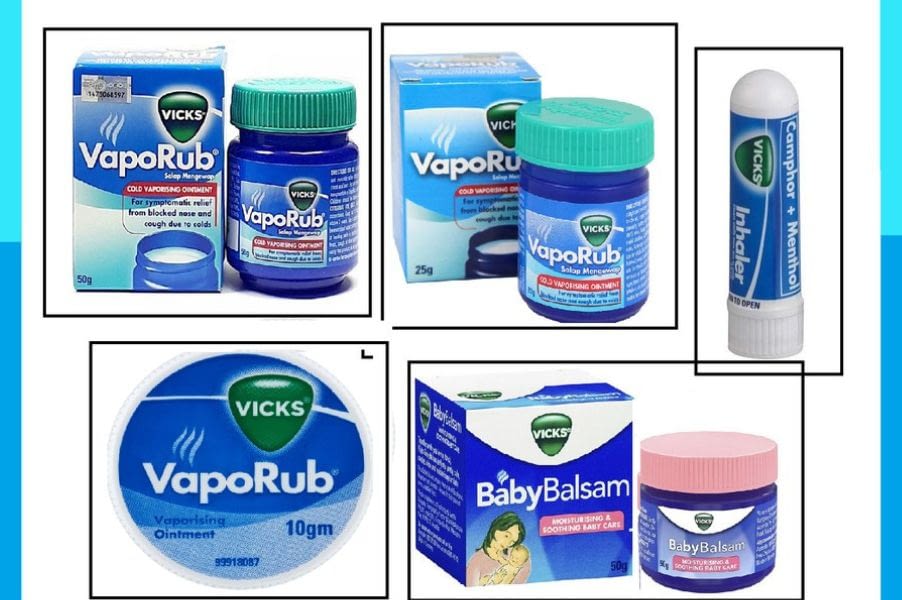As a breastfeeding mom, one of your top priorities is ensuring your little one gets only the best nutrition from you. However, what if you desire to enhance your physical appearance simultaneously? If you’re considering getting Juvederm, a popular injectable dermal filler designed for adding volume and smoothing skin wrinkles, you may wonder if it’s safe to do so while nursing.
In this article, I will delve into getting Juvederm while breastfeeding, addressing the potential risks, and guiding you to help you make an informed decision.
What is Juvederm? Can you get Juvederm while breastfeeding?
Juvederm is a facial filler made of hyaluronic acid and is used to smooth out wrinkles, plump up cheeks, and enhance facial features. It’s a popular cosmetic treatment requires minimal downtime and typically lasts up to a year.
Safety Considerations During Breastfeeding
Breastfeeding mothers often prioritize their baby’s health and are cautious about substances potentially harming their child. It is crucial to consider the safety aspects of any medical procedure or treatment while breastfeeding.
However, most medical professionals advise me against getting dermal fillers while breastfeeding, as insufficient research supports its safety.
Juvederm and Its Components
Juvederm comprises hyaluronic acid, an inherent substance in the body that is crucial in preserving the skin’s moisture, fullness, and flexibility. Since Juvederm mimics the body’s hyaluronic acid, the risk of allergic reactions or adverse effects is minimal.
Expert Advice and Medical Consultation
Consulting with a qualified healthcare professional is essential when considering any cosmetic treatment, including hyaluronic acid lip injections while breastfeeding. They can assess your situation and provide personalized advice regarding the procedure’s suitability while breastfeeding.
Limited Research on Juvederm and Breastfeeding
Although Juvederm is widely used and considered safe for most individuals, limited scientific research explicitly examines its effects on breastfeeding mothers and infants. Due to ethical considerations, controlled studies involving nursing mothers are challenging.
Potential Risks and Precautions
While there is limited research on the specific effects of Juvederm during breastfeeding, it is generally recommended to exercise caution and avoid unnecessary risks. If you get Juvederm while breastfeeding, it’s important to recognize the potential dangers.
According to the American Society of Plastic Surgeons, there is a slight chance that the hyaluronic acid in Juvederm could enter your milk supply and affect your child. There is also a chance that the filler could migrate to other parts of your body or cause an allergic reaction.
So, like me, if you are wondering, can I get lip fillers while breastfeeding? Yes, you can, but there are certain factors to consider before deciding to get dermal fillers while breastfeeding.
Here are some potential risks and effects of Botox and hyaluronic acid fillers while breastfeeding:
- Breastfeeding moms can pass potential allergic reactions from the products used in Botox and fillers to the baby through breast milk.
- The injection sites may become infected, leading to discomfort during breastfeeding.
- There is a chance that the presence of Botox and fillers could alter the composition of breast milk, which can affect the baby’s health.
- Botox and fillers may cause swelling, redness, bruising, or tenderness in the injection area, making it difficult to breastfeed comfortably.
- These products could also interfere with your ability to latch your baby during breastfeeding correctly.
- In rare cases, these products can migrate to other body areas and cause serious side effects.
- Botox and fillers can be passed from mother to baby through breast milk if not administered correctly.
- These products may also lead to an imbalance in hormones, affecting the quality and quantity of breast milk production.
Alternatives Treatments to Juvederm
If you are among the breastfeeding mothers seeking cosmetic enhancements, you should explore alternative options to Juvederm. Thankfully, there are non-invasive or topical treatments available that are considered safe while breastfeeding. For example, Botox is a popular treatment that can temporarily relax wrinkles and fine lines. Unlike Juvederm, it does not contain hyaluronic acid and has not been known to have any adverse effects on breast milk or babies.
Read Also: How to Relieve Wisdom Tooth Pain While Pregnant?
Managing Side Effects while Breastfeeding
- Apply Cold Compresses: To alleviate swelling and reduce discomfort, applying cold compresses or ice packs to the treated area can be helpful. Ensure you wrap the cold pack in a cloth to avoid direct contact with the skin.
- Gentle Massage: Gently massaging the treated area, as your healthcare provider advises, can promote blood circulation and help reduce swelling and bruising.
- Avoid Blood-Thinning Medications: If your healthcare consultant permits, avoid taking blood-thinning medications or supplements that could increase the risk of bruising or bleeding.
- Monitor the Baby: While breastfeeding, closely monitor your baby for any unusual reactions or changes in behavior.
The effects of pregnancy and breastfeeding on skin health
Pregnancy and breastfeeding can have a big impact on the health of your skin. During pregnancy, you may experience an increase in pigment production due to fluctuations in hormones which can lead to dark patches on your face called melasma.
New moms may also experience dryness, itching, or rashes due to the body’s increased need for water and stretching of the skin as your baby grows. Breastfeeding can also affect the skin, as it can lead to increased pigmentation due to fluctuating hormones and may cause sagging of the breasts. Therefore, Taking good care of your skin during pregnancy and breastfeeding is important.
Read Also: How To Get Rid Of Hanging Belly After C-section?
Can you get Juvederm lip fillers while pregnant?
If you’re pregnant, it’s essential to be aware that Juvederm is generally not recommended for use while pregnant. When I got Juvederm while breastfeeding, I find myself regretting my decision.
First and foremost, Juvederm is a cosmetic procedure that should only be done after consultation with a qualified medical professional. In addition, the safety and effectiveness of Juvederm during pregnancy have not been established, so there is no way to predict the potential risks to you or your baby.
Furthermore, some components of Juvederm, including lidocaine, can be absorbed into the bloodstream and thus could potentially pose a risk to an unborn baby. Therefore, if you’re pregnant, it is best to avoid Juvederm lip fillers.
Drawbacks of Dermal Fillers while Breastfeeding and Pregnancy
- Risk of infection: There are chances of complications or infections when getting lip fillers.
- Cost: Lip fillers are not usually covered by health insurance and can be expensive.
- Pain and discomfort: While the pain is often minimal, there may be temporary pain or discomfort during and after the procedure.
- Reactions to medications: Some people may experience adverse reactions or allergies to certain ingredients used in lip filler treatments.
- Possible asymmetry: The results of lip fillers are often not perfectly symmetrical, so in some cases, one side may be bigger or plumper than the other.
Alternative lip enhancement methods to Botox and fillers while breastfeeding
- Lip care routine: Establish a regular lip care regimen by softly exfoliating with a gentle toothbrush or a DIY sugar scrub, hydrating with a lip balm or natural oils, and shielding your lips from harsh weather elements by utilizing an SPF-infused lip balm.
- Makeup techniques: You can enhance the appearance of your lips using makeup techniques. You can choose a lipstick shade that complements your skin tone and apply it strategically to create the illusion of fuller lips.
- Lip-plumping products: Some lip-plumping products are available on the market that does not contain potentially harmful ingredients. These products typically use natural ingredients like cinnamon, peppermint, or ginger to temporarily stimulate blood circulation in the lips, creating a plumping effect.
Conclusion: Does Juvederm pass through breast milk?
While Juvederm has been approved by the Food and Drug Administration (FDA) for use on adults, it hasn’t been tested on pregnant or breastfeeding women. As such, any nursing woman needs to understand how Juvederm can impact their breast milk quality.
In addition to the potential risks to the baby, using Juvederm while breastfeeding can reduce milk production and quality. This is because injecting hyaluronic acid into the breasts can interfere with the hormones necessary for lactation.
For these reasons, it’s generally advised to wait until after breastfeeding is complete before performing any Juvederm treatments.
1 Visit today





